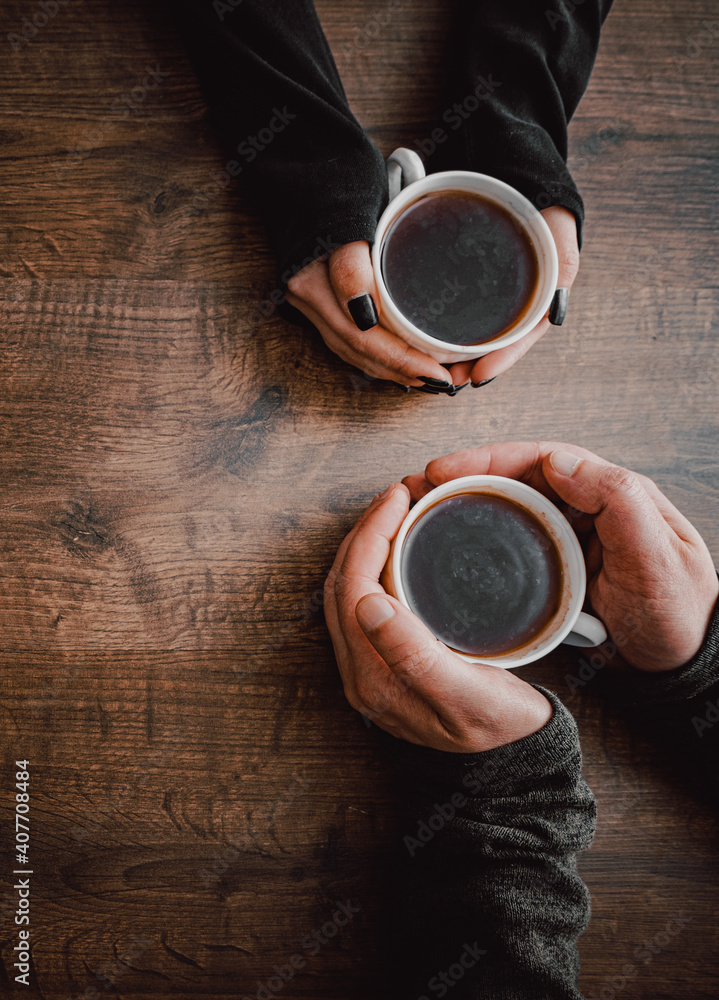Tea is more than just a beverage. It’s a bridge to ancient cultures, a companion to mindfulness, and a simple pleasure that carries with it centuries of history. From the tranquil tea ceremonies in Japan to the bustling tea stalls of India, the ritual of tea has been a cornerstone of human connection, contemplation, and community for thousands of years. But what is it about tea that brings so much joy? And how does this ancient ritual continue to resonate with modern life?
Let’s dive into the heart of tea, where history, ritual, and simple delight converge to bring a little more joy into our everyday lives.
A Cup Steeped in History
Tea’s origins trace back over 5,000 years, deep in the heart of China. Legend has it that Emperor Shen Nong discovered tea when leaves from a nearby tree blew into his boiling pot of water. The resulting infusion brought clarity and energy—a discovery that sparked the birth of a worldwide tradition.
Over the millennia, tea spread across continents and cultures, adapting to the flavors and rituals of each society. The Chinese have their intricately choreographed Gong Fu Cha ceremonies, the Japanese practice the meditative art of Chanoyu, and the English revel in the tradition of afternoon tea. Each culture adds its own layer to the timeless act of steeping leaves in water, making tea a universally loved and shared experience.
But it’s not just the historical roots that draw us in; it’s the enduring simplicity of the ritual. The act of pausing to prepare tea, of waiting as the leaves unfurl, of savoring that first sip, is an experience that connects us to something larger—something ancient, yet ever-present.
Tea as a Moment of Mindfulness
In our fast-paced modern world, taking time for a cup of tea can feel like a small rebellion against the rush of daily life. There’s a certain rhythm to preparing tea—boiling the water, choosing the leaves, steeping, waiting—that encourages mindfulness.
Tea, unlike coffee, doesn’t demand haste. It asks you to slow down, to be present, to appreciate the nuances in each sip. Whether you’re alone with a book or sharing a conversation with a friend, tea invites a sense of calm, a reminder to breathe. The very act of waiting for the tea to steep cultivates patience—a virtue that, in today’s world of instant gratification, feels more precious than ever.
In the Japanese tea ceremony, this mindfulness is taken to another level. Every gesture, from the whisking of the matcha to the placement of the cup, is a meditative practice designed to focus the mind. It’s not about the tea itself, but the experience of the moment, the way we interact with it, and the sense of peace it brings.
The Burst of Flavors: From Earthy to Exotic
Tea is nothing if not diverse. Whether you crave the brisk energy of a strong black tea, the calming effects of chamomile, or the earthy complexities of a matcha, there’s a tea for every palate and every occasion. The variety of teas—from green to white, oolong to herbal infusions—reflects the many moods and moments of life.
One day you may feel drawn to a floral jasmine, delicate and uplifting; the next, perhaps a smoky lapsang souchong that grounds you with its boldness. The possibilities are endless, and with every new blend, you’re greeted with a burst of flavor that can transport you to a different place or time.
And that’s part of the joy—exploring the vast landscape of teas, discovering new favorites, and savoring each cup like a little adventure. Tea can be grounding or energizing, simple or complex, depending on what you need in that moment.
The Social Bond of Tea
Beyond the individual experience, tea has long been a social anchor. Sharing a pot of tea with friends, family, or strangers creates a space for connection. In many cultures, tea isn’t just a drink but a means of hospitality, a way to show care and welcome.
Consider the English tradition of afternoon tea, where conversation flows as freely as the tea. Or think of the way a simple cup of chai brings people together on busy streets in India, where tea stalls buzz with activity and exchange. The communal experience of tea breaks down barriers, fostering warmth and connection in a way that’s both ancient and yet completely relevant today.
Sip Into Joy: Create Your Own Ritual
Tea’s magic lies in its ability to bring joy through ritual, whether that’s a formal ceremony or a casual break in the middle of your day. So, why not create your own tea ritual? Take a moment today to brew a cup of your favorite tea, savor its aroma, its warmth, its flavor. Let it be more than just a drink—let it be a pause, a reset, a moment of joy.
Ready to deepen your tea experience?
Explore the world of teas and discover the flavors that speak to you. Set aside time each day for your own tea ritual—whether it’s in the morning to start your day with intention, or in the evening as a way to unwind. You might be surprised at how much joy a simple cup can bring, and come back and share your experience with us. I find learning about others experience with Tea fascinating.



